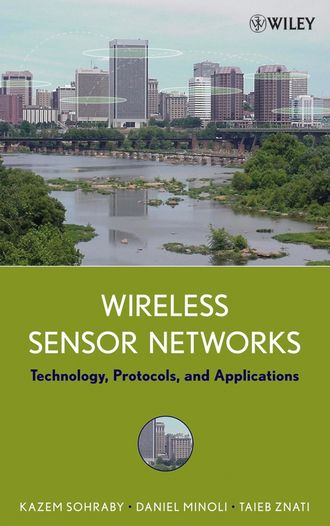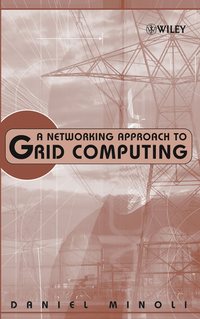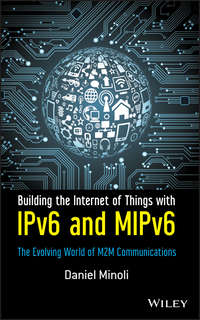
Полная версия
Wireless Sensor Networks
Infrastructure for Homeland Security Environments Wireless Sensor Networks helps readers discover the emerging field of low-cost standards-based sensors that promise a high order of spatial and temporal resolution and accuracy in an ever-increasing universe of applications. It shares the latest advances in science and engineering paving the way towards a large plethora of new applications in such areas as infrastructure protection and security, healthcare, energy, food safety, RFID, ZigBee, and processing. Unlike other books on wireless sensor networks that focus on limited topics in the field, this book is a broad introduction that covers all the major technology, standards, and application topics. It contains everything readers need to know to enter this burgeoning field, including current applications and promising research and development; communication and networking protocols; middleware architecture for wireless sensor networks; and security and management. The straightforward and engaging writing style of this book makes even complex concepts and processes easy to follow and understand. In addition, it offers several features that help readers grasp the material and then apply their knowledge in designing their own wireless sensor network systems: * Examples illustrate how concepts are applied to the development and application of * wireless sensor networks * Detailed case studies set forth all the steps of design and implementation needed to solve real-world problems * Chapter conclusions that serve as an excellent review by stressing the chapter's key concepts * References in each chapter guide readers to in-depth discussions of individual topics This book is ideal for networking designers and engineers who want to fully exploit this new technology and for government employees who are concerned about homeland security. With its examples, it is appropriate for use as a coursebook for upper-level undergraduates and graduate students.








